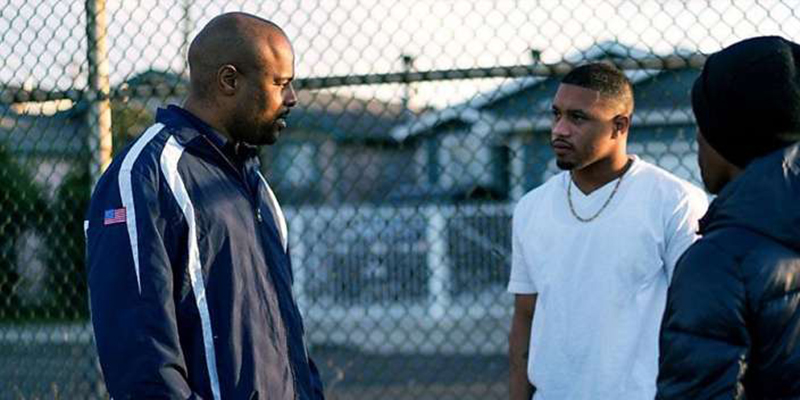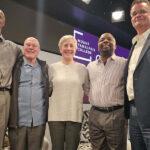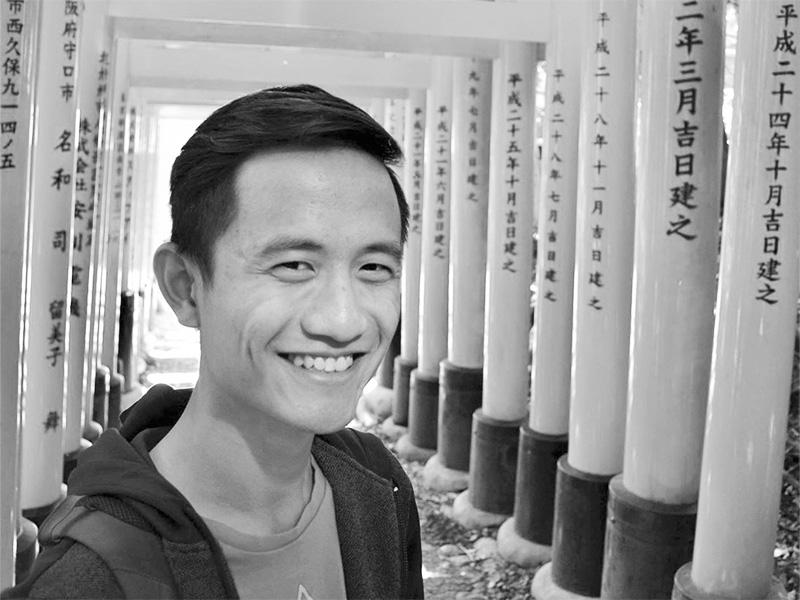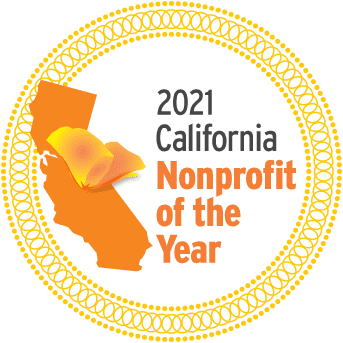In 1996, I took a man’s life and nearly paid for it with my own.
I was a different person back then — a young man who carried a gun and wasn’t afraid to use it. One evening, I came home and saw my neighbor in a heated argument with his girlfriend. When I tried to intervene, he came at me. I fired once and hit him in the stomach, killing him.
I was convicted of second-degree murder and sentenced to 15 years to life, plus a three-year gun enhancement. At 21 years old, I faced the possibility of spending the rest of my life behind bars.
For the next 18 years, I worked hard to understand what had gone so tragically wrong that day. It wasn’t just about coming to terms with the pain I caused to my victim and his family, as well as my own loved ones and my community as a whole. First, I had to confront the anger and selfishness that had built up inside me, blinding me to the fact that I had so much to lose in that moment, including a young son of my own.
After that, I vowed to dedicate myself to rehabilitation, and to helping other prisoners learn how to help themselves as well.
Luckily, a shift in state policy gave lifers like me a better chance at parole. In 2013, after demonstrating the progress I’d made while incarcerated, I was released from prison. My passion for helping others has taken a variety of forms in the years since, but my latest role, as a neighborhood change agent for Advance Peace in Richmond, has truly brought my life full circle.
At Advance Peace, we work to break cycles of gun violence by offering resources and mentorship to the individuals who are most often at the center of this bloodshed. Many of the young men in the program — our “fellows” — remind me of myself back in 1996: isolated, frustrated, searching for purpose. My job is to reach out to them and show them that they’re not as alone as I felt then.
When they think their back is against the wall and they have no choice but to lash out, I’m there to talk them through it. When they’re ready to commit to a nonviolent life, I’m there to help map out a plan and hold them accountable for sticking to it.
When they’re ready, we create a plan together that roughly maps out their short-, medium- and long-term goals for personal safety, safe housing, education, employment, anger management, conflict resolution, creating positive social networks, financial literacy, behavioral/medical healthcare, substance use disorder support, parenting, recreation and spirituality. Each plan is different, because the goal is to meet each fellow where he is.
Altering the trajectory of someone’s life in this way is tireless work. Conflict never sleeps, and the neighborhood change agents of Advance Peace often don’t, either. But it’s also rewarding to be making such a positive impact.
Since 2009, the year before this mission officially began with the creation of the Peacemaker Fellowship through Richmond’s Office of Neighborhood Safety, the city’s total gun violence resulting in injury or death has fallen by more than 68%. An analysis found that in the first five years of the program’s existence, Advance Peace produced a positive economic impact to the city of roughly $500 million.
This is a good start, but there’s still more to do. For far too long, underserved communities have been made to feel that the system doesn’t want them to succeed. My fellows and I are living proof that anything is possible when we give people the right opportunities and resources. But if we want to replicate success stories like ours, we must invest accordingly. And as my experience shows, we have to do this work on the front end. People need to be able to access these tools before they end up in the criminal justice system, not only after, when the damage is already done.
This message is finally starting to resonate in California. Last week, legislators passed a budget offering $30 million for California’s Violence Intervention and Prevention Grant Program, more than tripling last year’s total. That means an additional $21 million for cities and community-based groups like ours to address serious violence, which is a big deal.
We still need Gov. Gavin Newsom to sign the budget, which is supposed to happen on or before July 1. With Newsom’s support, along with the support of state lawmakers and gun violence prevention advocates, Advance Peace will have more resources to expand our reach and empower neighborhood change agents like myself.
I’m proud of everything we’ve already accomplished at Advance Peace. With the support of the people of California, I can now say confidently that we’re just getting started.












